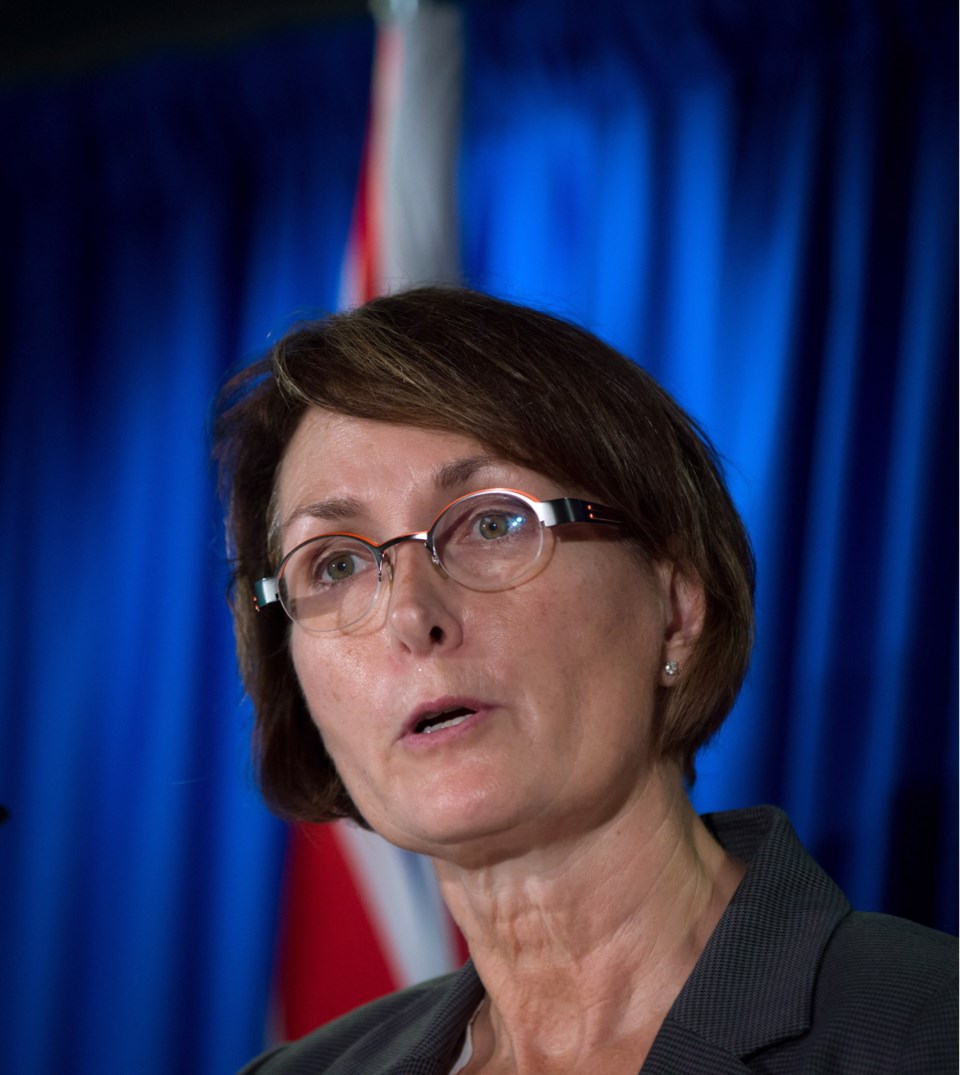An 18-year-old youth who died in Port Alberni while receiving services from an aboriginal child welfare agency was living independently with a roommate, B.C.’s child watchdog confirmed Friday.
Mary Ellen Turpel-Lafond said her office is in the early stages of gathering information about the young man’s death, but will be interested to know whether he was receiving the support he needed.
“We are particularly looking at whether or not this was a young person that was capable of living independently and whether he needed to be in more of a family-type of setting,” she said. “That appears to be one of the major issues that we’re immediately looking at.”
Turpel-Lafond said youth independent living agreements can be overwhelming for some youth, particularly if they have been through a lot of trauma or loss and challenges staying in contact with their family.
“We don’t know enough right now, except that is a flag for us in looking at this about whether or not this was a young person who was ready and capable of living independently,” she said.
The B.C. Coroners Service says it was called to investigate the death at a private residence in Port Alberni on the morning of Dec. 2. Preliminary findings list the date of death as Nov. 30, but the cause has not been released.
The Nuu-chah-nulth Tribal Council has confirmed the man was under the care of Usma Family and Child Services, a delegated aboriginal agency.
“Given the positive relationship we had developed with the young man, this event has come as a considerable shock to everyone,” the tribal council said in a statement. “He touched a lot of lives in a positive way and we are grieving his loss.”
The death is the latest in a series of high-profile deaths of youth in care or receiving government services.
Minister of Children and Family Development Stephanie Cadieux expressed her condolences to the boy’s family. “I think anyone would agree [that] any death is one too many.”
She said staff have told her that, at this time, there are “no discernible patterns” involved in the deaths to date. “And we need to allow the rigorous processes that are in place to do the reviews, to learn from the circumstances, [to] have the opportunity to do that before we jump to conclusions.”
Turpel-Lafond, however, said there are “themes that are emerging across the cases” that point to the way the system is frayed for adolescents who have been raised in care.
“This has been a pretty horrific year,” she said. “I’m very reluctant at this point to say what commonalties there are, except to say that each of these cases are the loss of a young person for whom the state and the ministry had a special obligation.”



